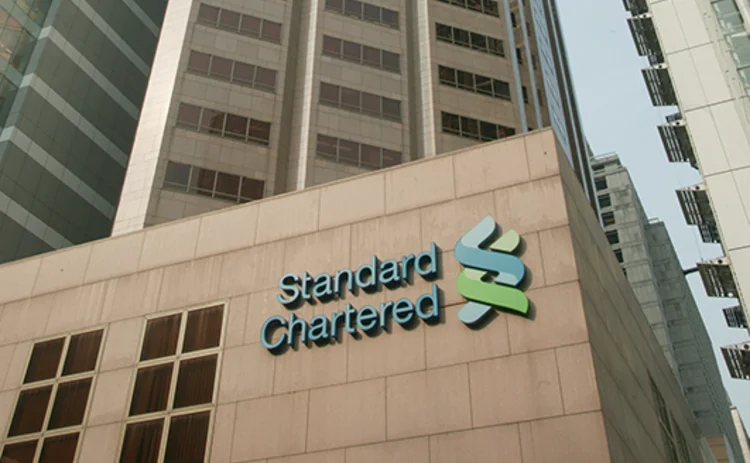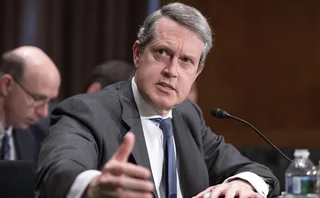
US banking reports put compliance in the spotlight
Standard Chartered and HSBC attract attention for compliance failures

The role and efficiency of the compliance function in financial institutions is targeted by two reports published by US regulators. The report by New York's Department of Financial Services (DFS) on Standard Chartered Bank described breaches of sanctions (primarily related to Iran) concerning $250 billion worth of funds. The report of the Senate Subcommittee on investigations into HSBC claimed the bank was involved in several billion dollars worth of money laundering, primarily involving fund
Only users who have a paid subscription or are part of a corporate subscription are able to print or copy content.
To access these options, along with all other subscription benefits, please contact info@risk.net or view our subscription options here: http://subscriptions.risk.net/subscribe
You are currently unable to print this content. Please contact info@risk.net to find out more.
You are currently unable to copy this content. Please contact info@risk.net to find out more.
Copyright Infopro Digital Limited. All rights reserved.
As outlined in our terms and conditions, https://www.infopro-digital.com/terms-and-conditions/subscriptions/ (point 2.4), printing is limited to a single copy.
If you would like to purchase additional rights please email info@risk.net
Copyright Infopro Digital Limited. All rights reserved.
You may share this content using our article tools. As outlined in our terms and conditions, https://www.infopro-digital.com/terms-and-conditions/subscriptions/ (clause 2.4), an Authorised User may only make one copy of the materials for their own personal use. You must also comply with the restrictions in clause 2.5.
If you would like to purchase additional rights please email info@risk.net
More on Regulation
Ice’s AFX swoop shines spotlight on Ameribor prospects
CEO John Shay steps down after exchange group buys firm for mortgage and index synergies
Barr’s Fed exit likely to delay, but not destroy, Basel III
Market risk, op risk and leverage ratio all in the sights of Barr’s potential successors
FCMs call for more oversight of self-clearing CCP members
Clearing firms worry that PTFs and market-makers joining CCPs en masse will increase systemic risk
Complex EU active account reporting could drive trades out of UK
Draft Emir rules might not force large volumes to move to EU, but will make compliance difficult
Capital neutrality key to completing Basel III, says Quarles
Former Republican Fed vice-chair thinks Hill or Bowman could help revive stalled prudential rules
Review of 2024: as markets took a breather, firms switched focus
In the absence of major crises and rules deadlines, financial firms revamped strategy, services and practices
Dora flood pitches banks against vendors
Firms ask vendors for late addendums sometimes unrelated to resiliency, requiring renegotiation
Swiss report fingers Finma on Credit Suisse capital ratio
Parliament says bank would have breached minimum requirements in 2022 without regulatory filter







